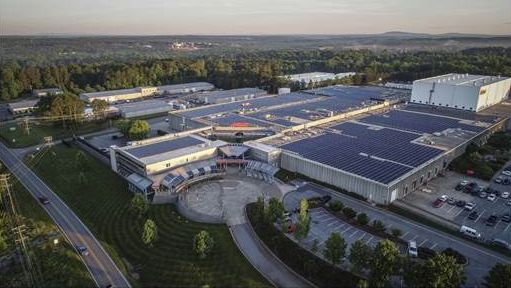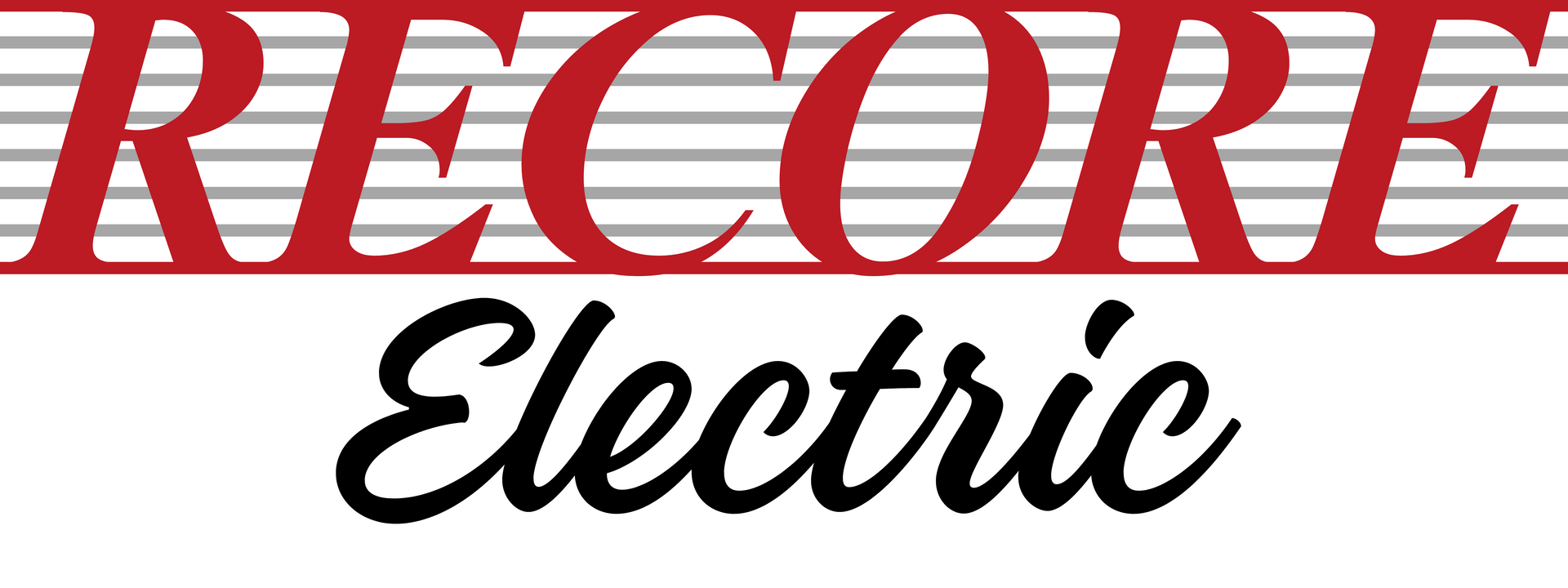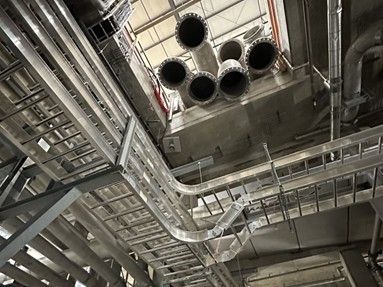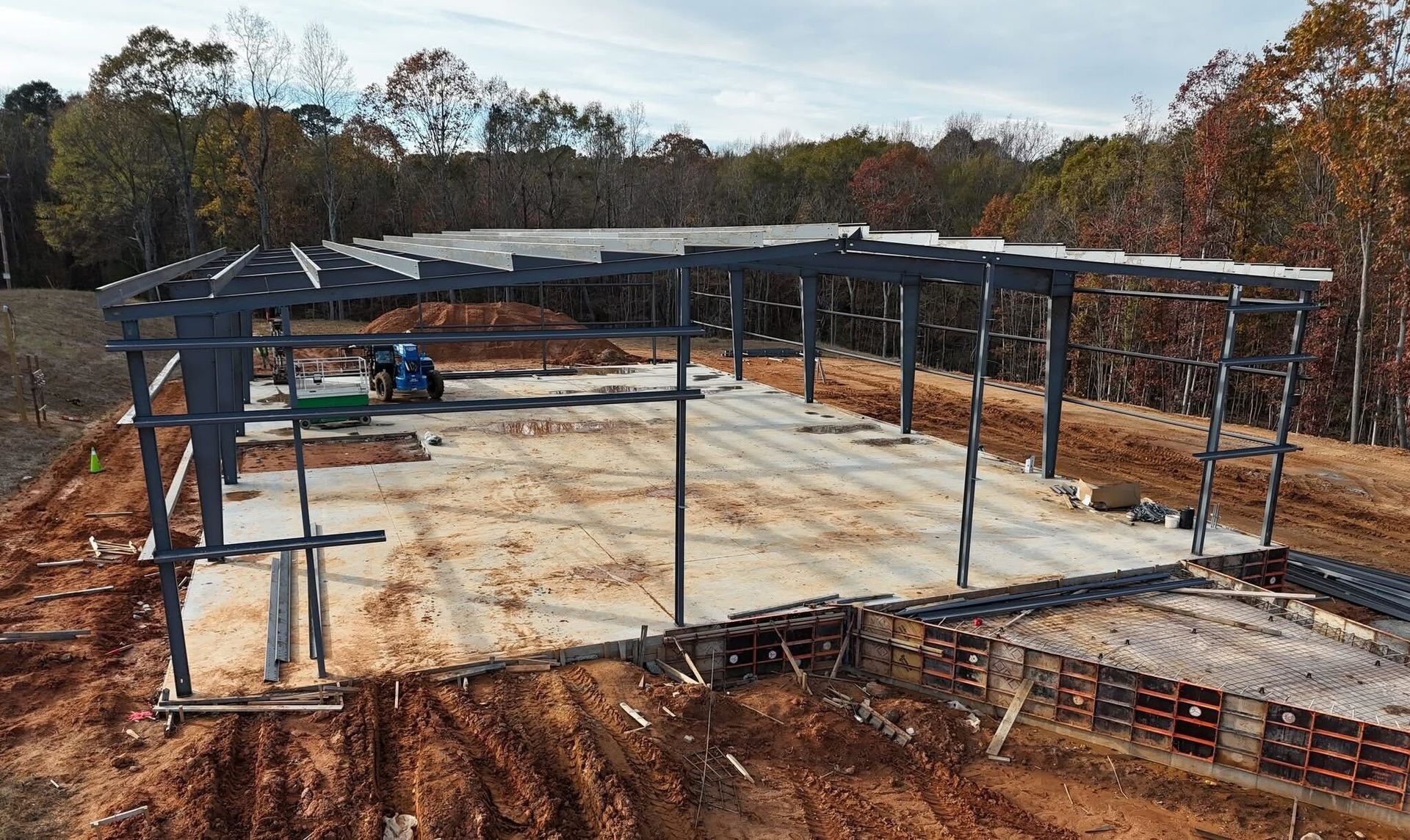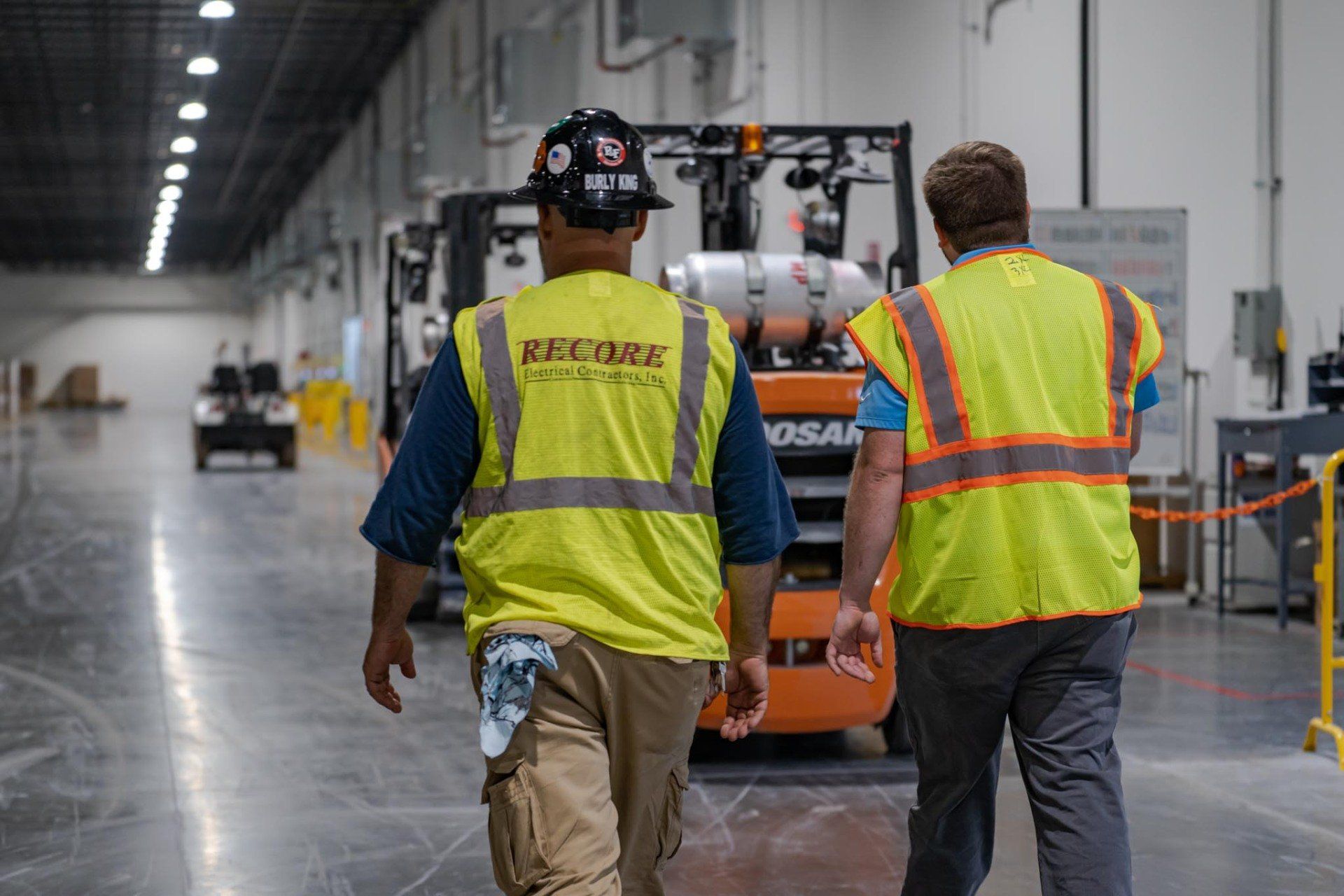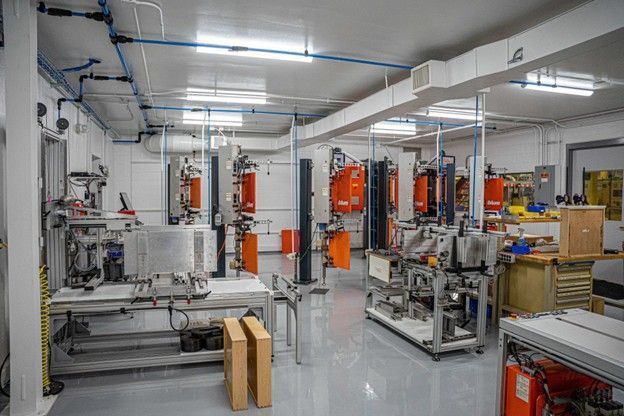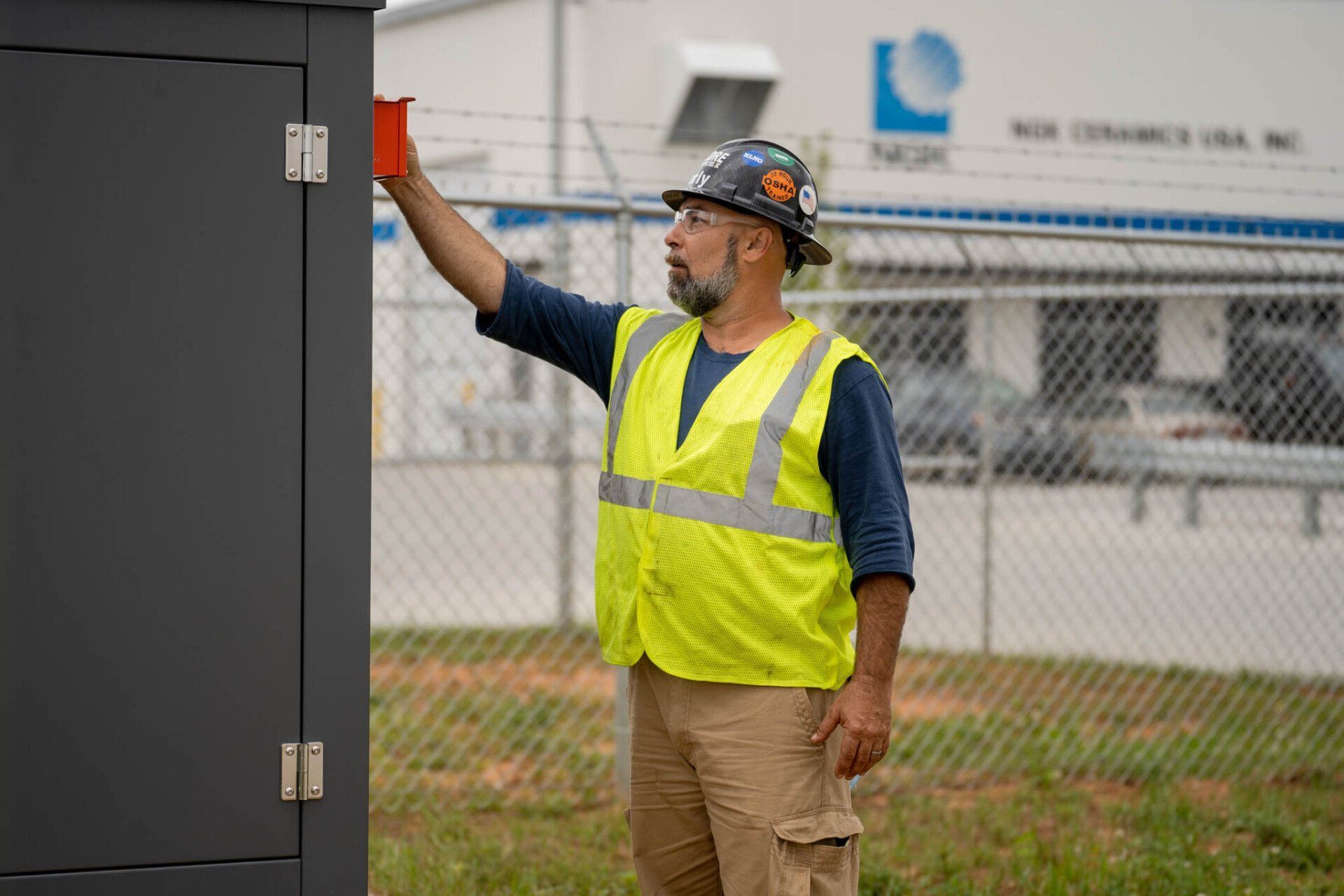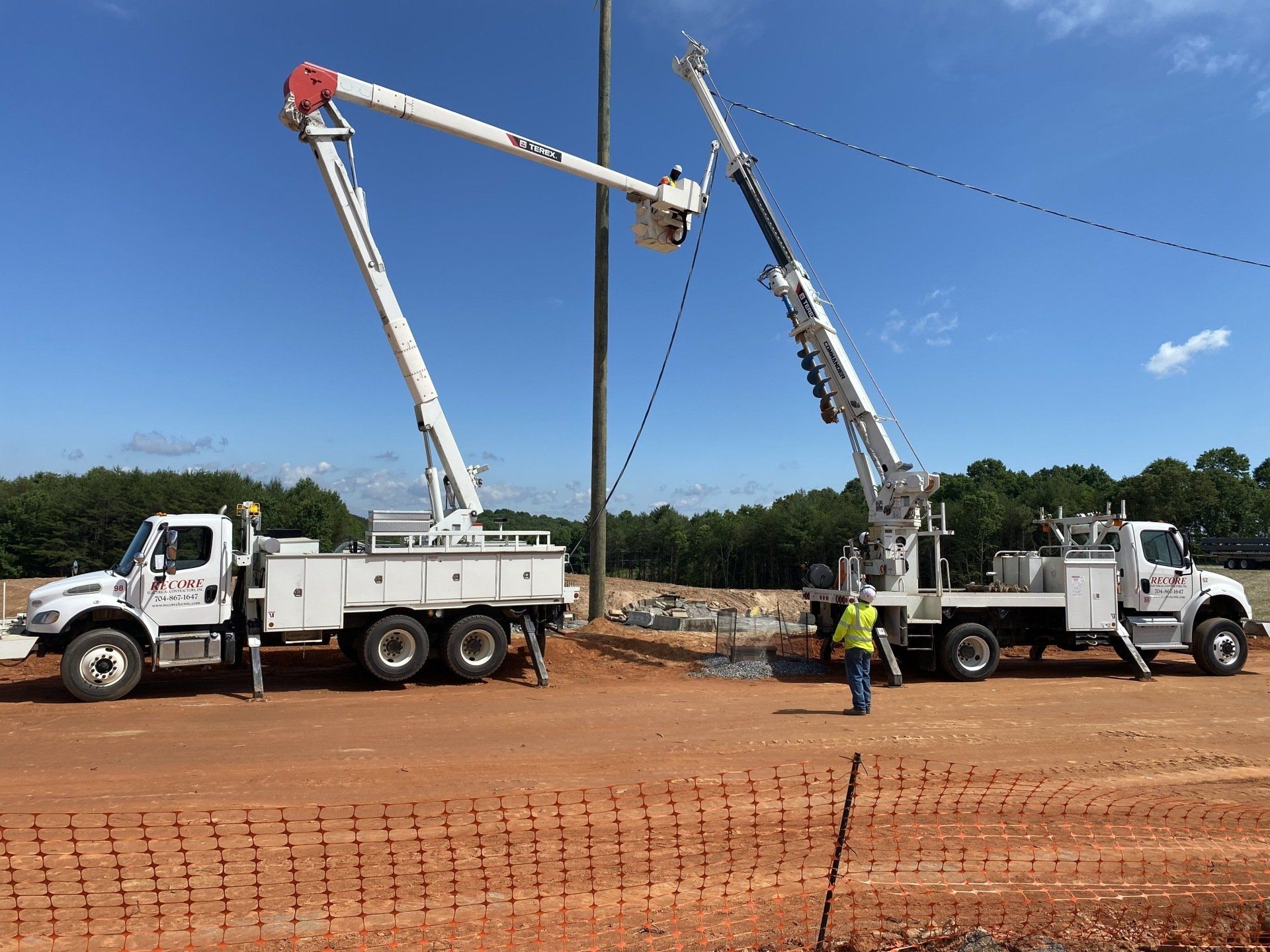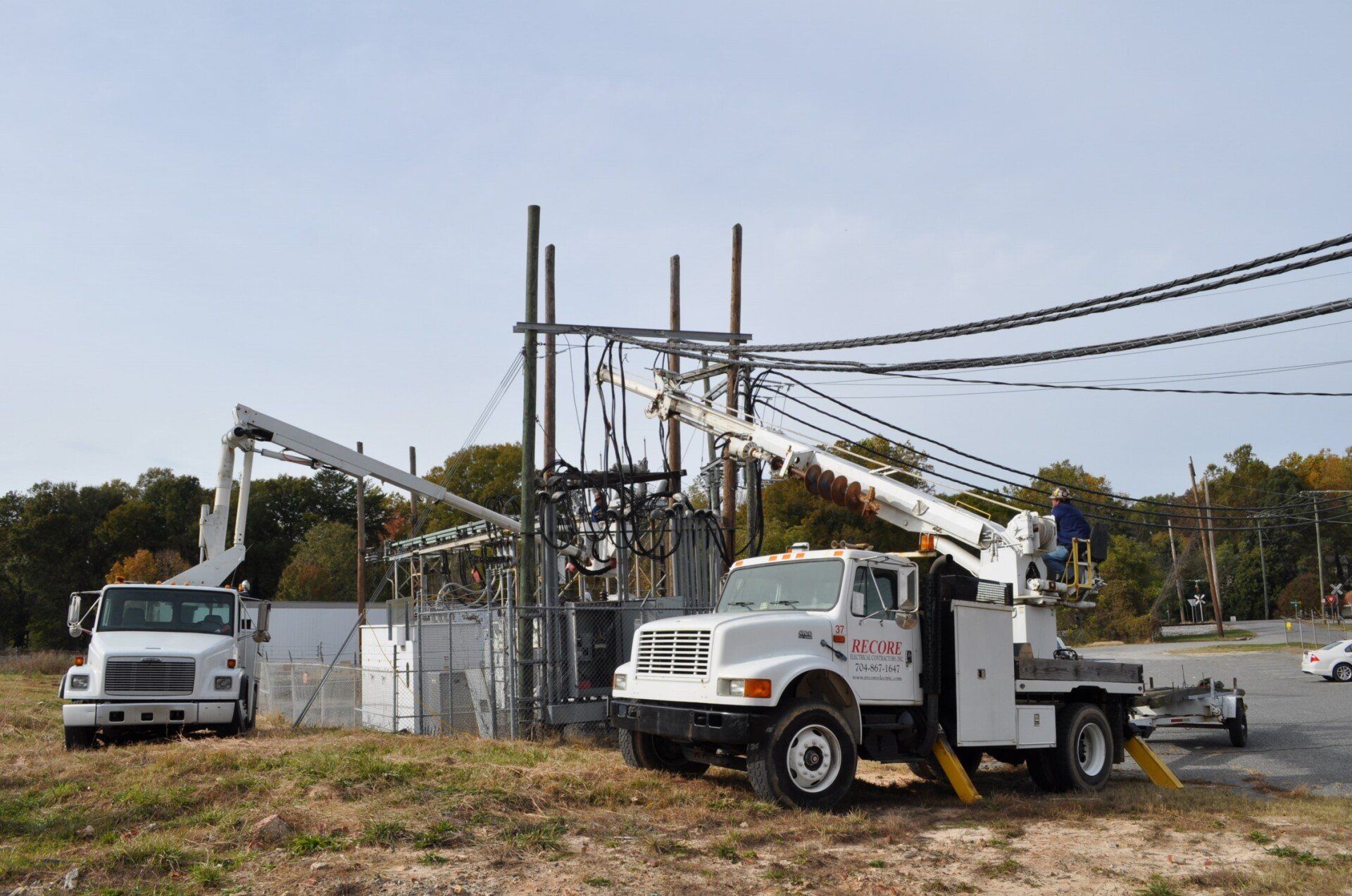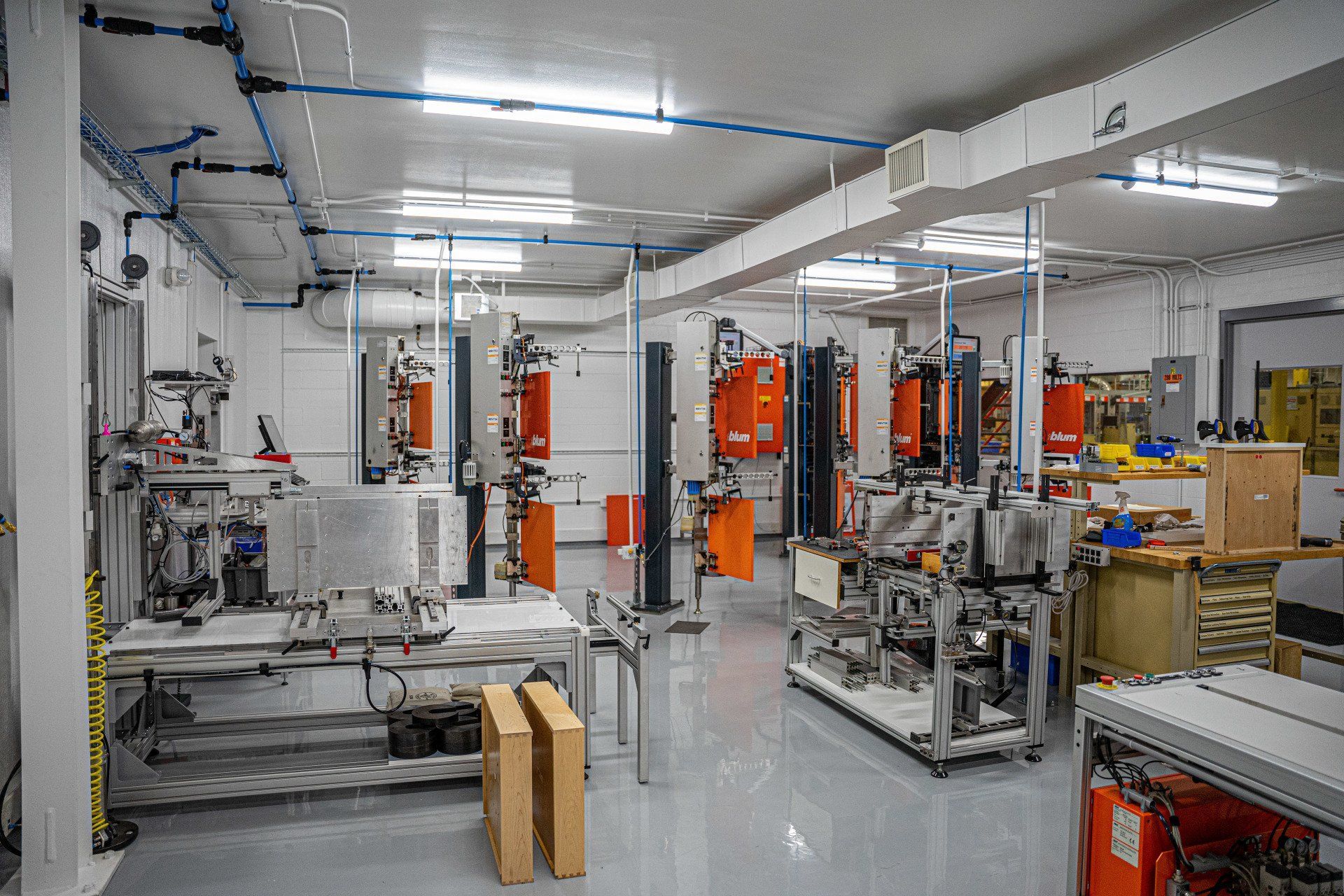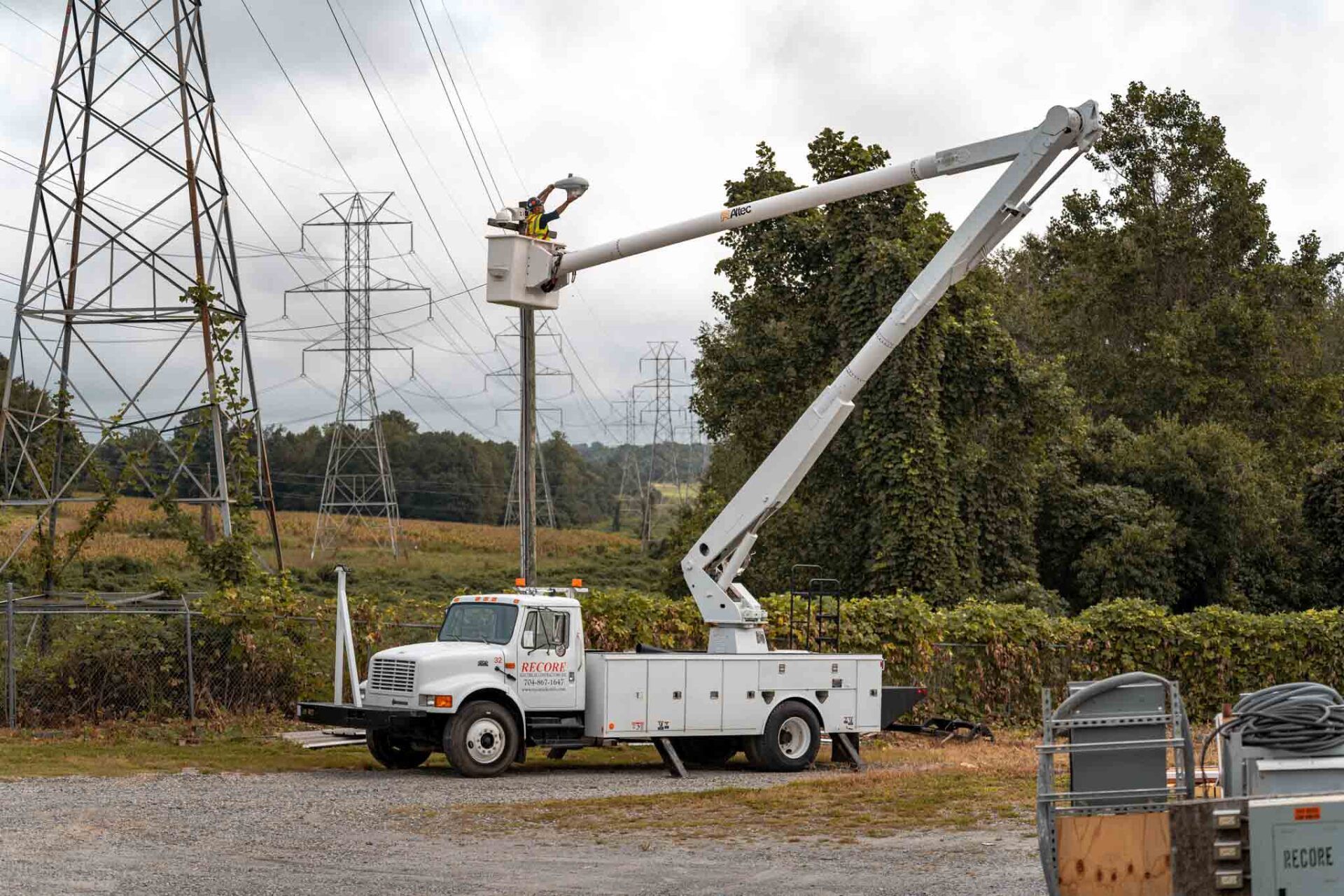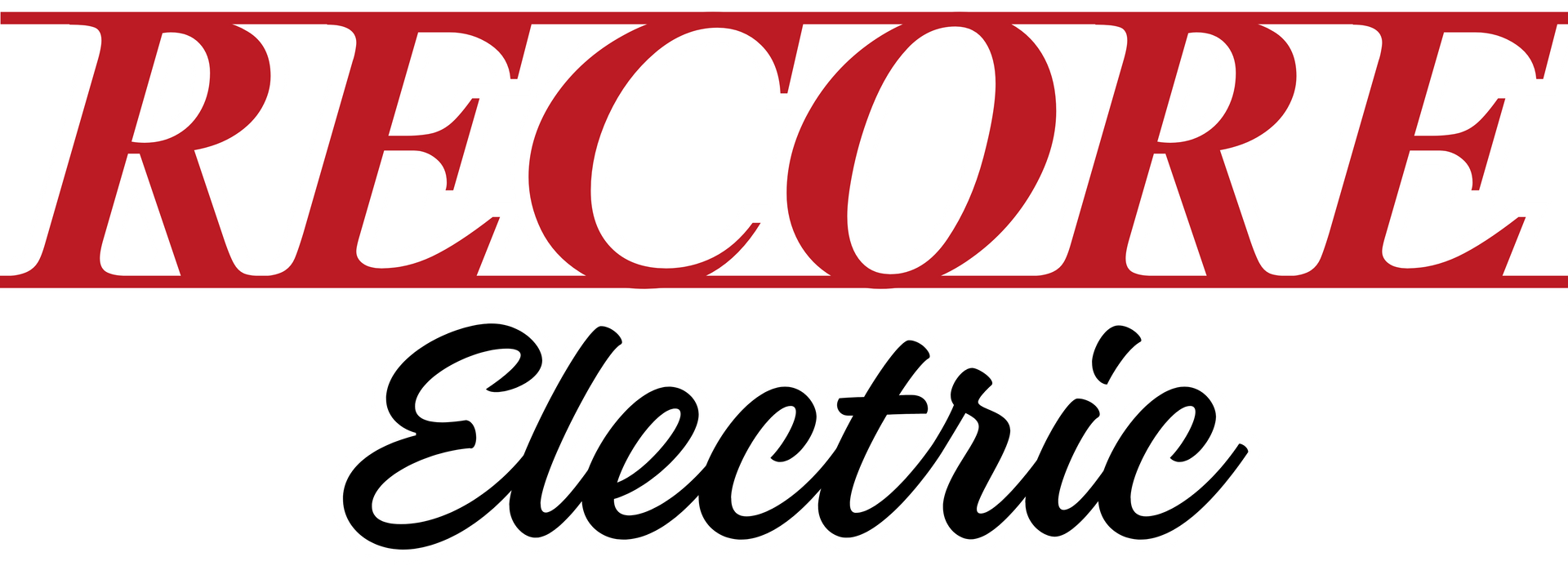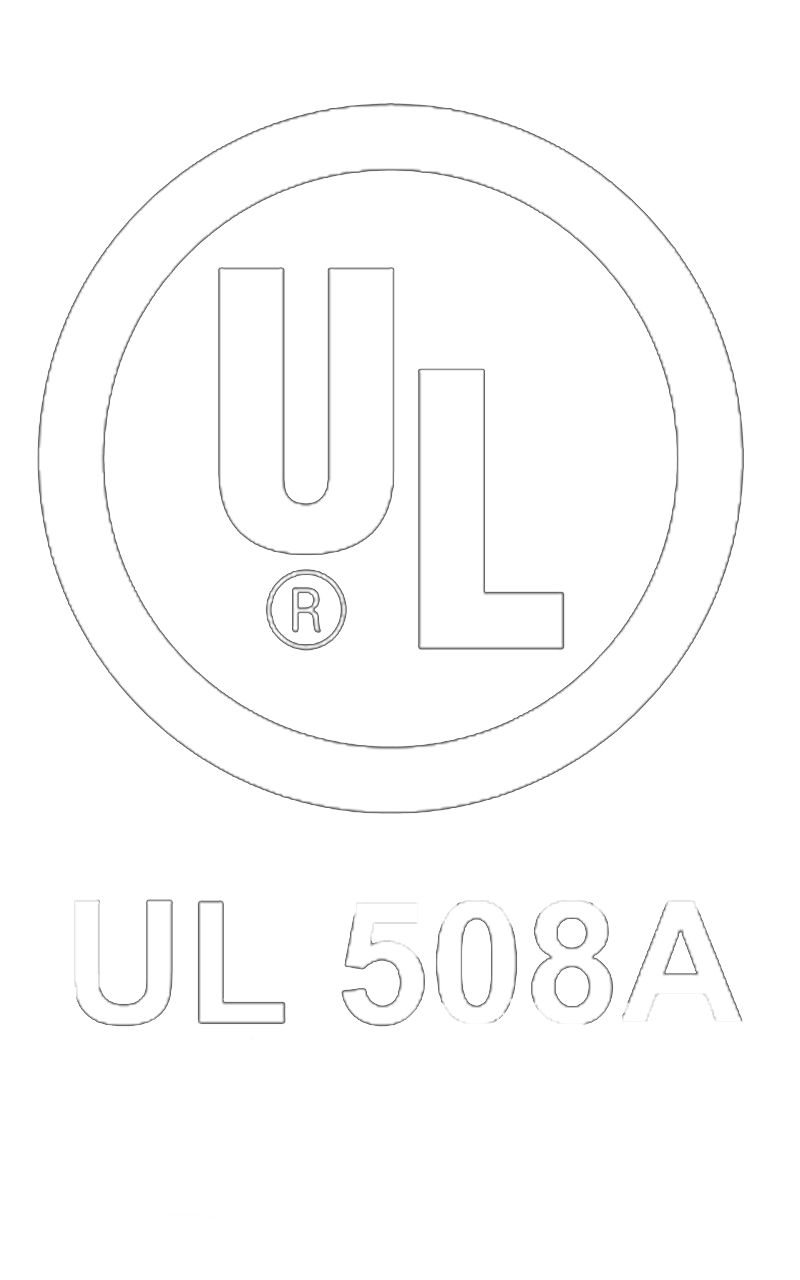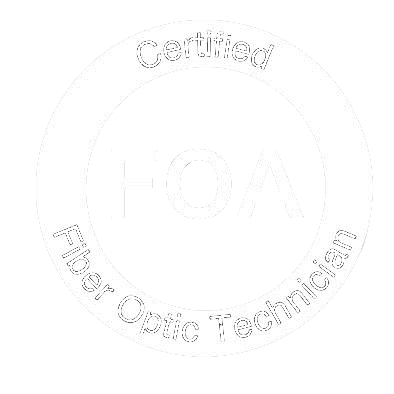Data Cabling Installation and Configuration: Reliable Infrastructure
Structured data cabling is the backbone of every successful business operation. Whether it’s facilitating seamless communication, supporting mission-critical systems, or preparing for future technological upgrades, the proper installation and configuration of data cabling is essential. For businesses seeking long-term performance, reduced downtime, and scalable growth, investing in high-quality data cabling solutions is no longer optional.
At Recore, we specialize in the installation and configuration of communication cabling and devices that meet the highest standards of reliability and performance. As an industry leader, Recore combines advanced technologies, certified technicians, and premium products from brands like Panduit, Siemens, and Leviton to deliver complete communication infrastructure solutions. Whether you need a fully designed cabling system or targeted repairs, Recore is your one-call communications provider.
This article explores the importance of data cabling installation and configuration, detailing the components, standards, and benefits of structured wiring systems in modern facilities.
Why Structured Cabling Matters
Structured cabling refers to a standardized approach to designing and installing a cabling system that can support multiple hardware uses and be suitable for today’s and tomorrow’s needs. It simplifies the cabling infrastructure by organizing it into manageable subsystems. These include horizontal cabling, backbone cabling, work area components, telecommunications rooms, and more.
Components of a Structured Cabling System
Recore provides end-to-end cabling services that address every major category of structured wiring. Below are the essential components we design and configure:
1. Ethernet Cabling
Ethernet is the foundation for most local area networks (LANs). Ethernet provides high-speed data transfer and is essential for reliable computer networking, VoIP communication, and access control systems. Recore installs and tests Ethernet cabling to meet IEEE standards and customer performance requirements.
2. Data-Highway Cabling
For industrial and automation settings, Data-Highway cabling connects programmable logic controllers (PLCs) and other critical systems. Recore installs these connections with precision to maintain real-time data exchange and uninterrupted control across factory floors or industrial environments.
3. TI-Way and ControlNet
TI-Way is a specialized communication protocol used primarily for Texas Instruments devices. Similarly, ControlNet is a real-time, high-speed control network that connects industrial automation equipment. Recore is equipped to install and configure both, ensuring compatibility and smooth operation for complex industrial systems.
4. Structured Wiring
Structured wiring includes the comprehensive layout of all data, voice, and video cabling within a facility. A well-structured wiring plan accommodates both current and future needs, minimizes network interruptions, and reduces installation costs over time. Recore designs custom structured wiring plans tailored to the unique requirements of each facility.
5. Fully Designed Cabling Systems
Recore’s design process begins with a detailed assessment of a facility’s needs and goals. We provide fully engineered cabling solutions, including riser and backbone layouts, cable routing diagrams, labeling systems, and compliance documentation. Every design is crafted to provide long-term value.
Data Cabling Configuration Best Practices
Installing data cabling is only part of the equation. Configuring the system correctly is vital for performance, troubleshooting, and scalability. Recore follows industry best practices that align with guidance from organizations such as BICSI (Building Industry Consulting Service International) and the National Institute of Standards and Technology (NIST).
Cable Routing and Management
Routing should be clean and logical, minimizing interference and signal loss. Recore uses cable trays, raceways, and labeling systems to maintain clarity and simplify future expansions or repairs.
Testing and Certification
After installation, all cables are tested for continuity, performance, and compliance with TIA/EIA standards. We use certified testers to document attenuation, crosstalk, and bandwidth capabilities, helping to catch issues before they impact performance.
Compatibility with Network Hardware
Cabling must be compatible with switches, routers, patch panels, and endpoint devices. Recore works closely with equipment manufacturers like Siemens and Leviton to match cabling specifications with supported infrastructure.
Choosing High-Quality Cabling Products
The quality of the cable and connectors used can significantly affect network reliability and longevity. At Recore, we partner with trusted manufacturers like:
- Panduit – Known for high-performance copper and fiber cabling systems
- Leviton – Offers robust, standards-compliant components for enterprise networks
- Siemens – Industry leader in smart building and industrial communication systems
These partnerships allow Recore to offer turnkey solutions with dependable, high-performance components.
Industries Served by Recore’s Cabling Services
Recore’s cabling solutions support a wide range of sectors:
- Industrial Facilities: Real-time communication for automation systems
- Commercial Offices: Reliable Ethernet for employee productivity
- Educational Institutions: Structured cabling to support e-learning and secure communications
- Healthcare Facilities: High-bandwidth systems for digital health records and telehealth
- Retail and Warehousing: Secure, high-speed data systems for POS and inventory control
- Food and Beverage: Robust communication networks to support automation, quality monitoring, and compliance.
Compliance and Industry Standards
Recore ensures all work complies with applicable standards and guidelines:
- ANSI/TIA-568 and ANSI/TIA-569: Telecommunications cabling standards for commercial buildings
- NIST Guidelines: National standards for physical infrastructure and security controls
- NFPA 70 (National Electrical Code): Ensures safe electrical design and installation
By adhering to these standards, we support secure, efficient, and scalable communications environments.
Repair and Maintenance Services
Beyond new installations, Recore also provides repair and upgrade services for existing systems. Whether it's replacing damaged cables, re-terminating connections, or auditing a legacy network, our team provides prompt, expert service to minimize downtime and restore functionality.
Future-Proofing Your Facility
Technology evolves quickly. A well-designed cabling system from Recore supports future growth by:
- Accommodating higher bandwidth demands
- Allowing for quick technology rollouts or system upgrades
- Reducing the need for disruptive rewiring projects
We plan for the future by including spare conduit space, modular patch panels, and scalable infrastructure in every design.
Why Choose Recore?
With decades of experience, highly trained staff, and the industry’s most trusted brands, Recore delivers unmatched service in data cabling installation and configuration. Our process is built on transparency, technical precision, and long-term customer partnerships.
We don’t just install cables, we build communication infrastructure that grows with your business.
Conclusion
Data cabling is the foundation of all modern communication, control, and IT systems. Proper installation and configuration are essential to minimize downtime, increase system efficiency, and support long-term growth. Recore offers comprehensive cabling services, from full system design to post-installation support.
With a focus on quality, code compliance, and future-ready designs, Recore stands ready to meet the evolving communications needs of your business or facility.
